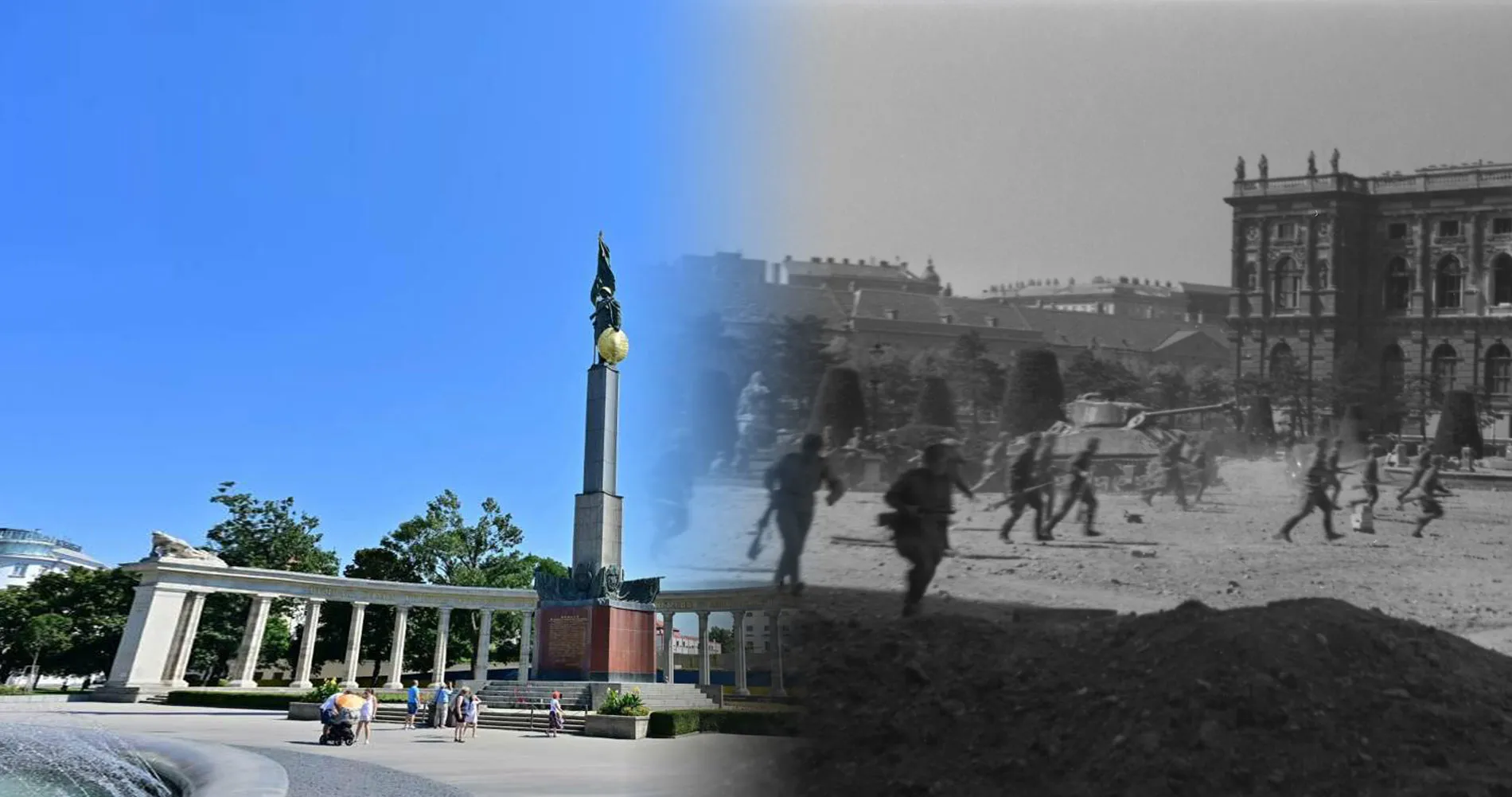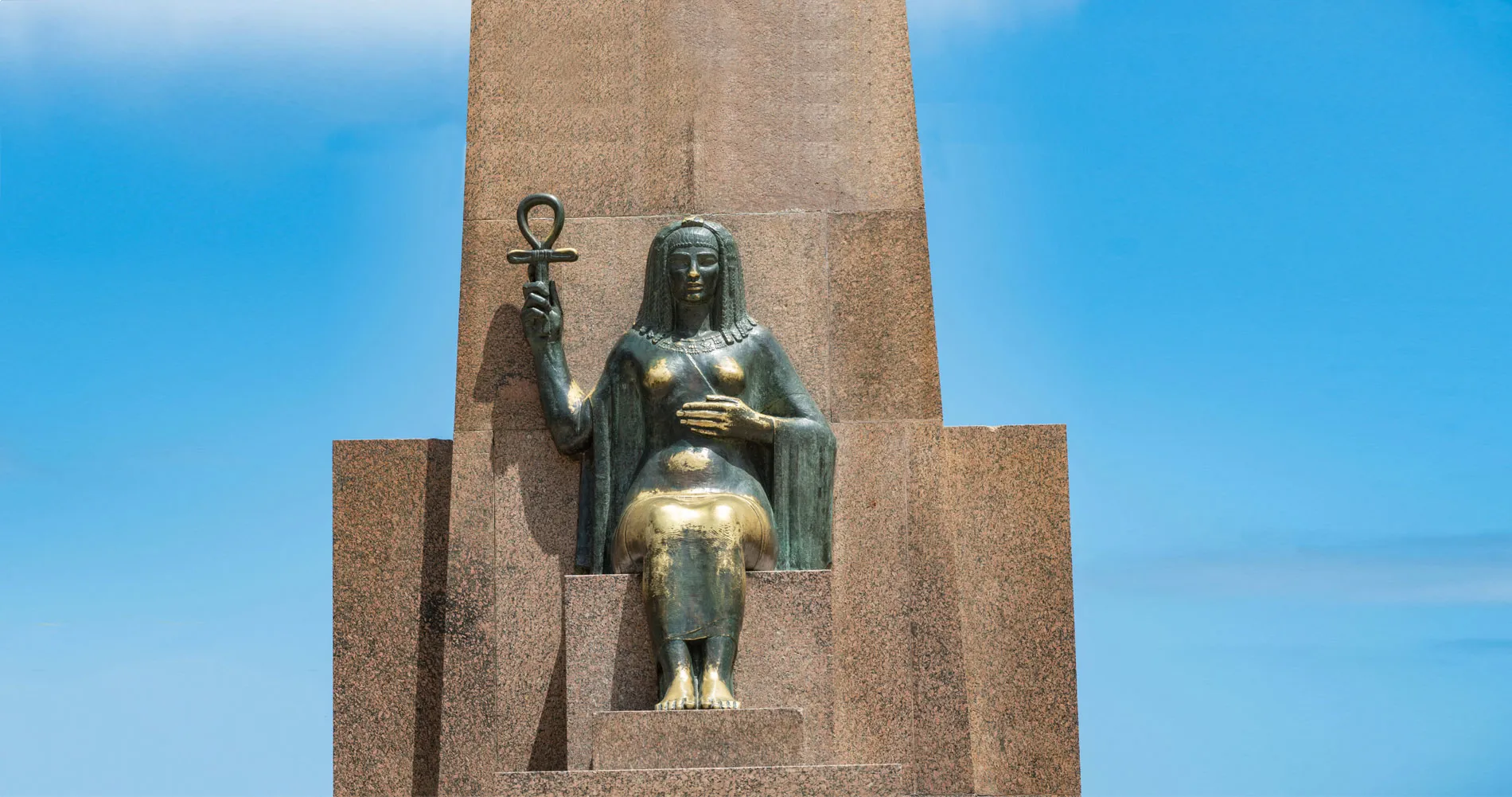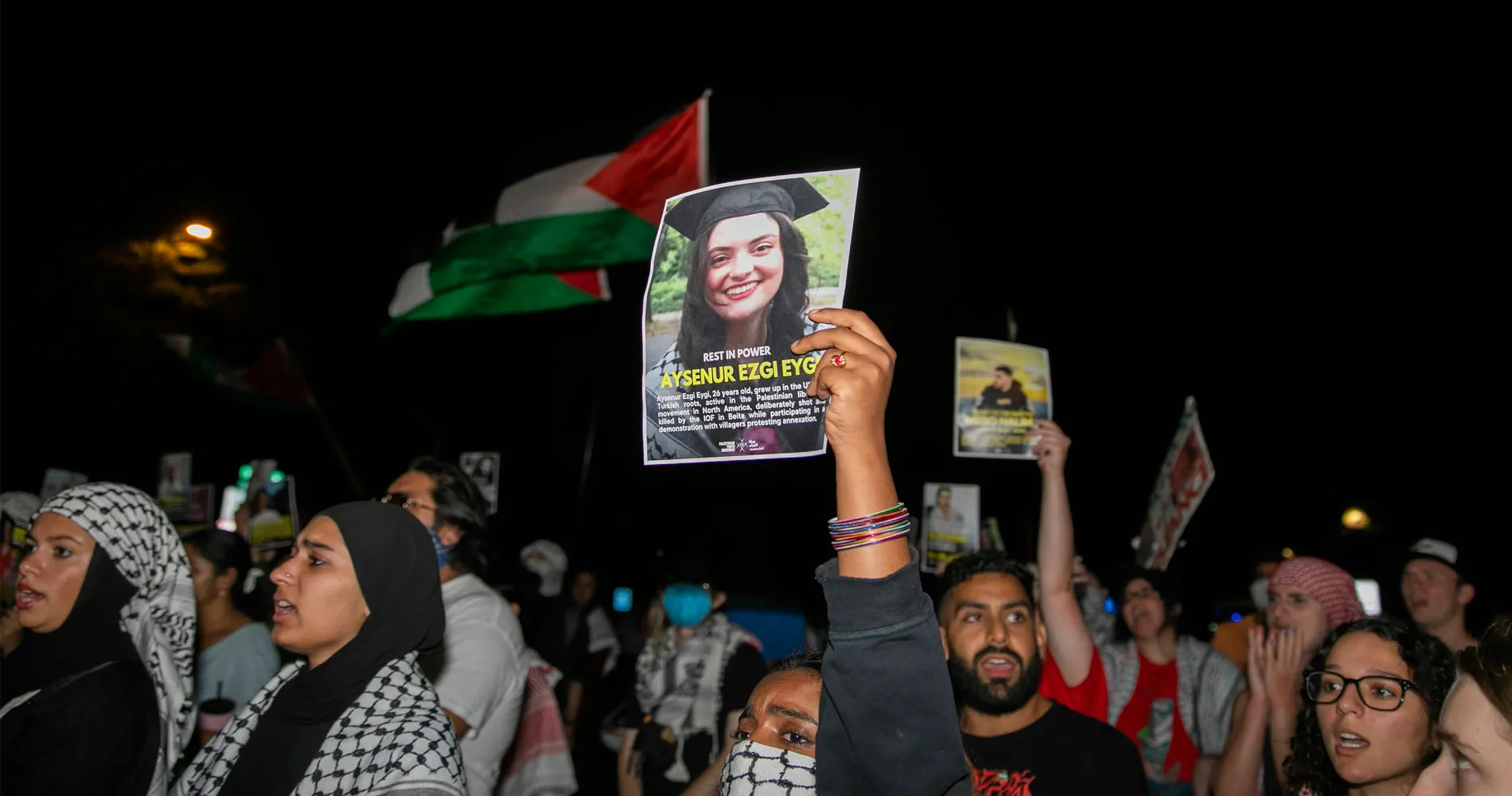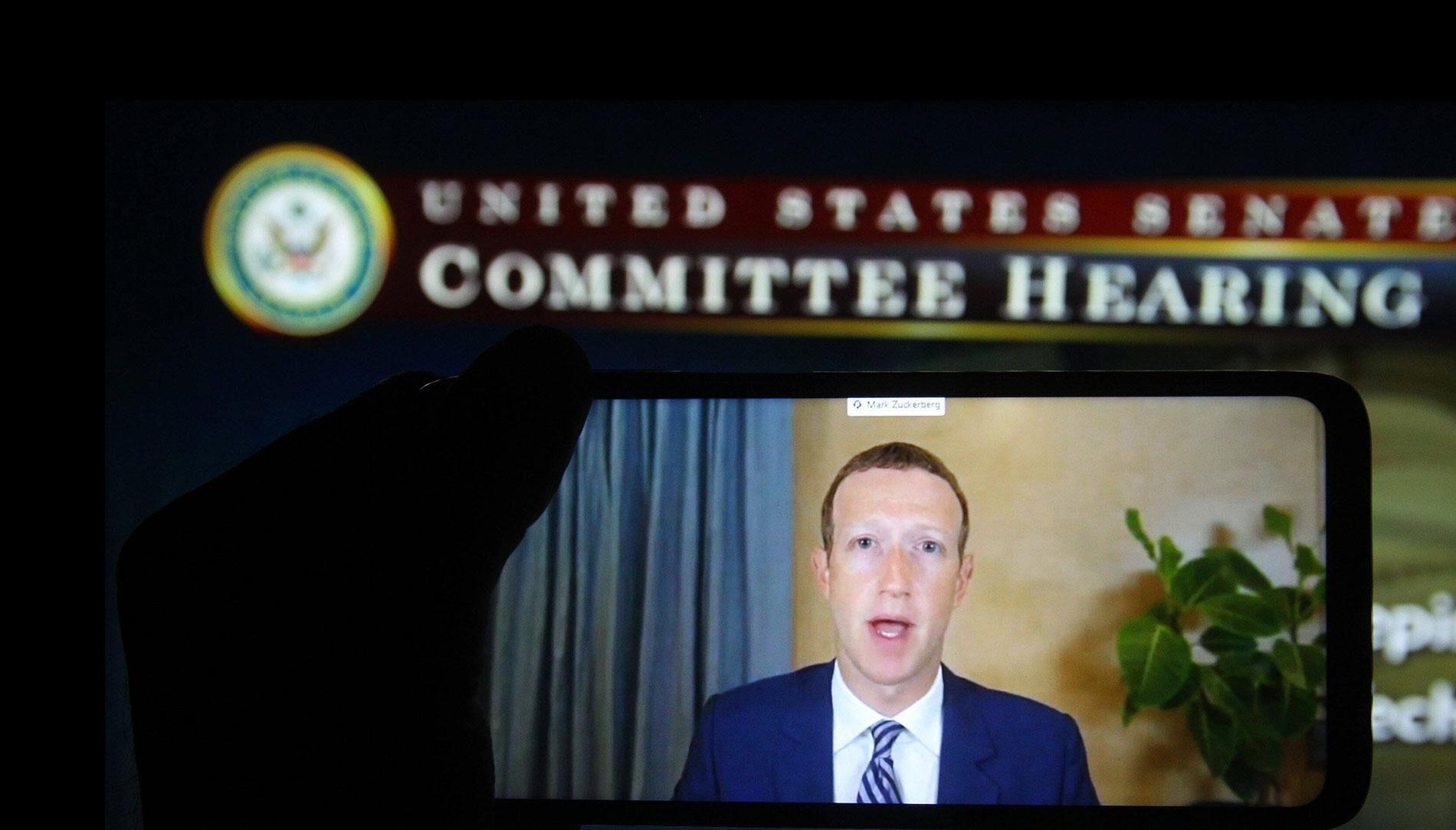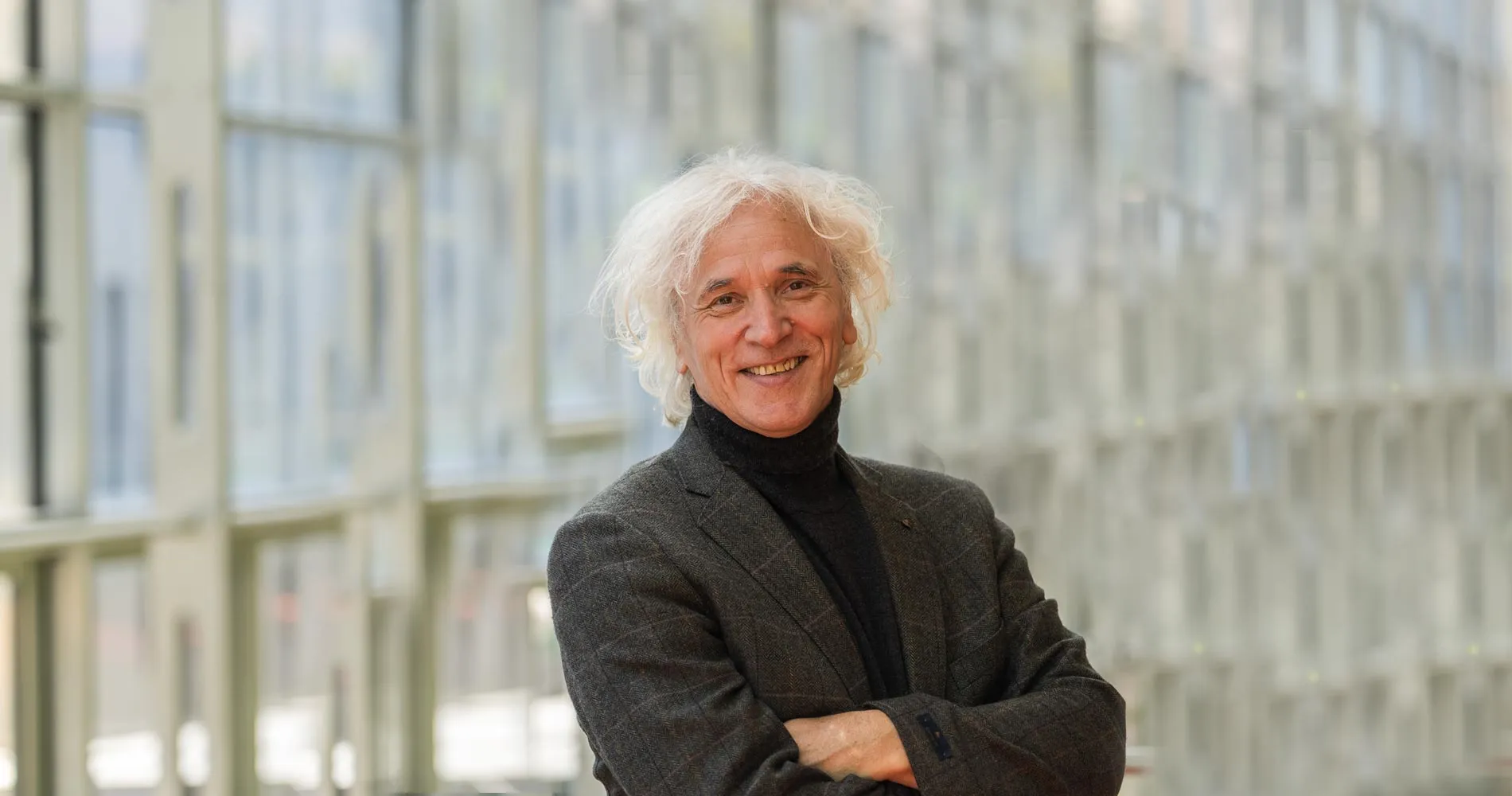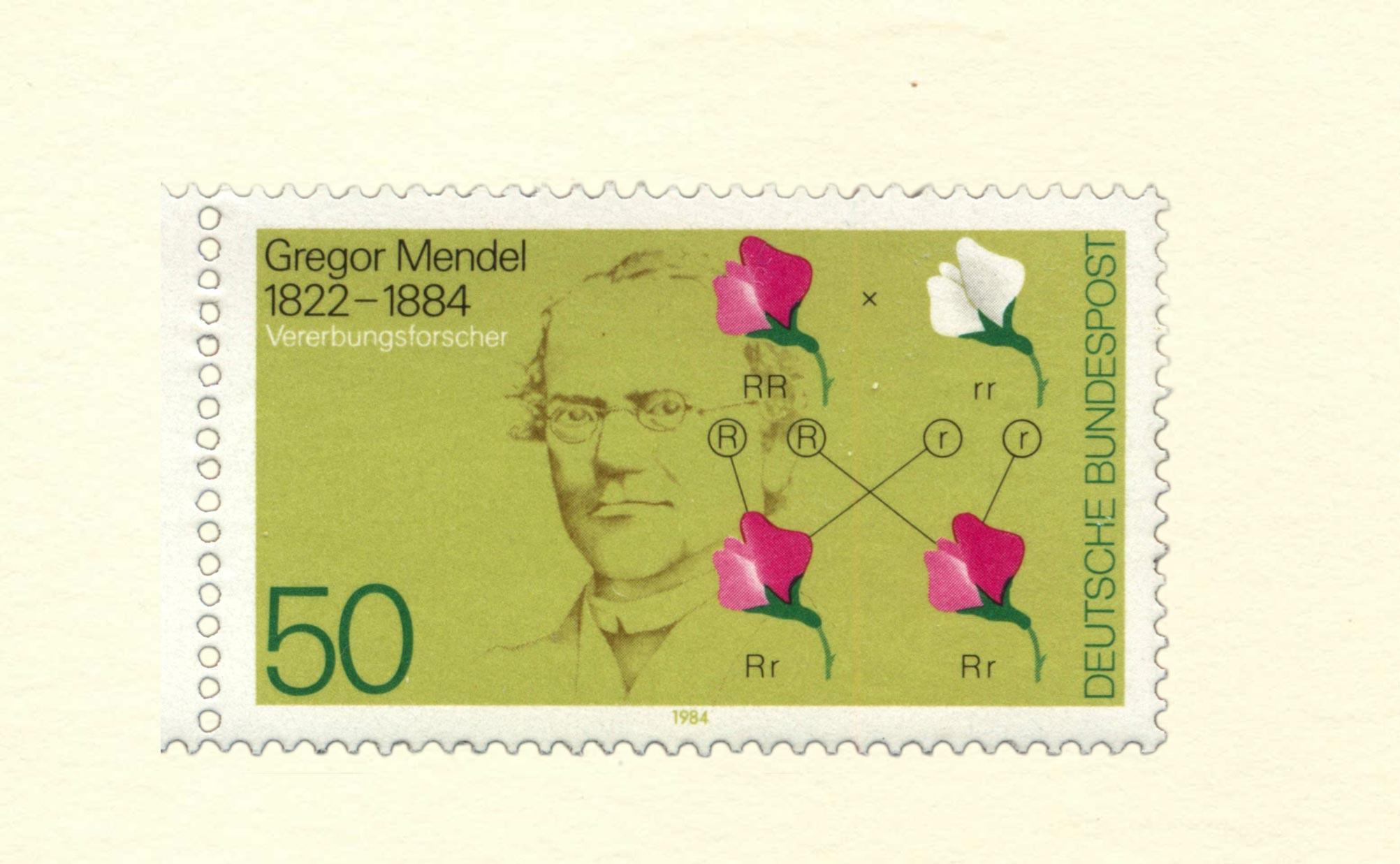80 years ago, Dietrich Bonhoeffer, was executed without trial in a Nazi concentration camp for allegedly plotting Hitler’s assassination. Hitler himself committed suicide two weeks later. Bonhoeffer, a steadfast critic of the Nazi regime was a theologian who urged all Christians to hold themselves accountable in standing against all forms of social injustice. He described this doctrine as “religiousless Christianity”; acting for the good of others, separate from the superficial trappings of religion. His writings remain a powerful influence to this day.
David Deegan
9 April 2025
French version | German version
Listen to a poem by Bonhoeffer
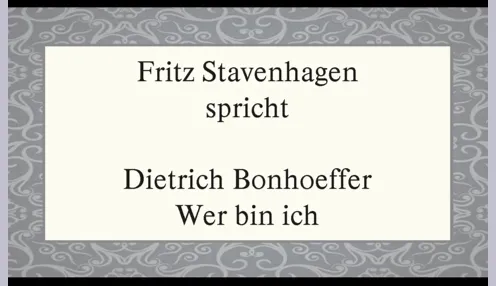
https://www.deutschelyrik.de/wer-bin-ich-14204.html ©
Read by Fritz Stavenhagen
On 9 April 1945, just a weeks before the end of World War II in Europe, Dietrich Bonhoeffer, an influential theologian and steadfast opponent of the Nazi regime, was executed by hanging at the age of 39 in the Flossenbürg concentration camp in Germany.
Born into an academically distinguished family on 4 February 1906, in Breslau, Germany (now Wrocław, Poland), Bonhoeffer studied theology at the universities of Tübingen and Berlin, earning his doctorate at the age of 21. Three years later, in 1930, he relocated to the United States to study systematic theology from an American perspective at New York City’s Union Theological Seminary.
It was during this period that Bonhoeffer became disappointed with the American approach to theology, and experienced critical encounters with two Christian men who would shape his thinking and subsequent path. One, a French Reformed pastor, Jean Lassare, encouraged Bonhoeffer to recognize the links between politics and theology. The second, Frank Fisher, an African-American Baptist, introduced Bonhoeffer to a community of worshippers who had escaped slavery. Teaching Sunday School at the Abyssinian Baptist Church in Harlem, he not only became sensitive to the social injustices experienced by racial and ethnic minorities in the US, but also began to shift his perspective on his own faith. On returning to Berlin in 1931, letters to his friends, including his subsequent biographer, Eberhard Bethge, describe a personal transformation from an academic theologian to an active man of faith, determined to carry out the teachings of Christ in a literal fashion.
From the onset of Adolf Hitler’s rise to power in 1933, Bonhoeffer emerged as a vocal critic of the Nazi regime, delivering a radio address in which he warned Germany against slipping into an idolatrous cult of the führer. Bonhoeffer condemned in particular the anti-Semitic policies of the Nazi party, and its attempts to co-opt the German church. He played a significant role in the Bekennende Kirche (Confessing Church), a movement that resisted Nazi interference in ecclesiastical affairs. In 1935, Bonhoeffer established an underground seminary in Finkenwalde to train pastors committed to authentic Christian teachings, free from Nazi ideology. In September 1937, the Gestapo closed the seminary at Finkenwalde, and arrested pastors and former students.
Bonhoeffer spent the next two years attempting to secretly continue the education and work of his students. Harassed by the Nazi regime and forbidden to publish anything nor speak in public, his resistance ultimately moved from theological discourse into active opposition. Introduced to the German resistance by his brother-in-law, Hans von Dohnanyi, Bonhoeffer became involved in efforts to overthrow Hitler. Dohnanyi worked for the Abwehr (German Military Intelligence Office) and facilitated the hiring of Bonhoeffer. Under the guise of working as a diplomat to Great Britain, he acted as a courier for the resistance and facilitated the escape of Jews to neutral Switzerland. His involvement led to his arrest on April 5, 1943. During his imprisonment at Tegel Prison, north of Berlin, and later at Flossenbürg concentration camp, Bonhoeffer penned numerous letters and theological reflections, later posthumously compiled and published as “Letters and Papers from Prison”.
Along with five other men accused of conspiring against Hitler, and without any evidence against him, no records of the proceedings or a defense, Bonhoeffer was executed on the Flossenbürg gallows just weeks before Hitler took his own life.
Having seen people with doctrinally correct beliefs, following accepted behaviors and practices of the Church, at the same committing horrific acts towards other human beings, Bonhoeffer challenged believers to engage with the world authentically, advocating a ‘religionless Christianity’ devoid of superficial religiosity, and limited to prayer and action. He emphasized the responsibility of Christians to stand against injustice, asserting that the church must not remain silent in the face of oppression. His writings have influenced movements for church reform, ecumenism, and social justice. The Evangelical Church in Germany and the Church of England recognize him as a martyr, and his life and works continue to be studied and revered worldwide.
The 2025 biopic “Bonhoeffer,” directed by Todd Komarnicki, has brought renewed attention to his life and legacy. While the film offers a portrayal of his resistance against the Nazis, it has faced criticism for historical inaccuracies and for the way his image has been co-opted by far-right groups. The US distributor, Angel Studios, added the strapline “Pastor, Spy, Assassin” to its posters which showed Bonhoeffer holding a gun – an image which never appears in the film. Bonhoeffer’s descendants condemned the studio’s PR campaign, and Komarnicki himself said he was heartbroken at the “hijacking” of his film.
Dietrich Bonhoeffer’s profound theological insights and courageous resistance against tyranny have left an enduring legacy that continues to inspire and challenge individuals across the globe. His life stands as a testament to the impact of aligning one’s beliefs with action.





